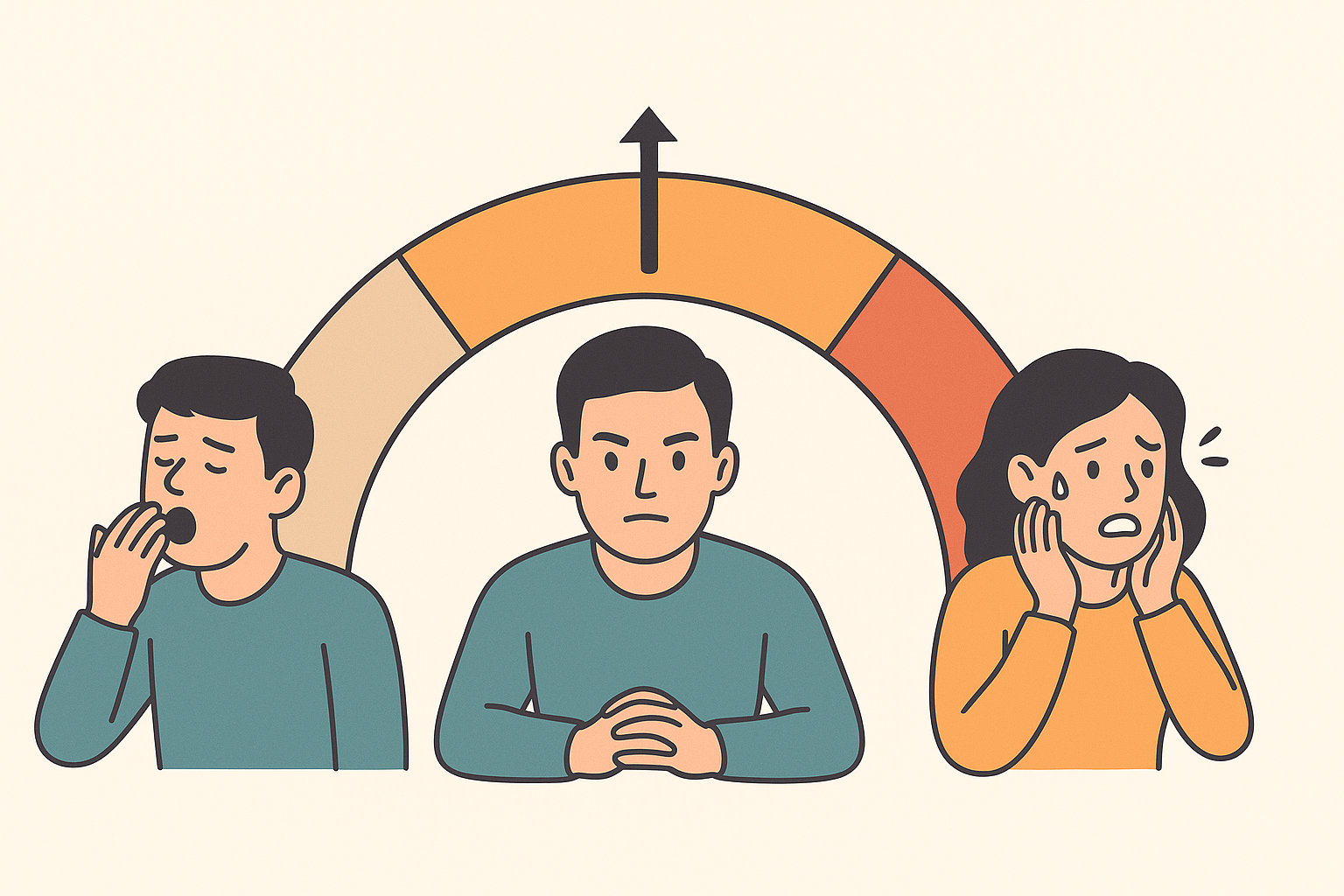What if you could hack your brain?
Imagine your mind works like a computer: with programs running automatically. Some help you move forward, others hold you back. The good news is that these “programs” are not permanent. Thanks to neuroplasticity and dopamine, you can reprogram your brain to build healthier habits, overcome procrastination, and live more aligned with what you truly want.
What is neuroplasticity and why does it matter?
For a long time, scientists believed the adult brain was fixed and unchangeable. Today we know that’s not true: the brain is plastic, capable of forming new neural connections throughout life.
Every time you learn something new, practice a habit, or change a routine, your neurons strengthen different pathways. It’s like opening a new trail in the forest: at first it’s hard, but with repetition, it becomes the easiest path to take.
Dopamine: the compass of your habits
Dopamine is a key neurotransmitter that guides your behavior. It’s not just the “pleasure chemical” but the signal that tells your brain what’s worth repeating.
Example: when you get a “like” on social media, dopamine is released, reinforcing the habit of checking your phone again and again.
This same mechanism explains why you repeat habits even when they hurt you: your brain is chasing that small, immediate reward.
The biggest mistake: relying only on willpower
Have you ever tried to quit a habit cold turkey and failed? That doesn’t mean you’re weak – it means you were fighting against your own biology. Willpower runs out, but neuroplasticity and dopamine are always at work. If you learn to direct them, change becomes much more natural.
Simple techniques to hack your brain
- Link habits to immediate pleasure: Want to start exercising? Play your favorite music while doing it. Dopamine will connect the effort to something enjoyable.
- Small steps, repeated often: Don’t try to change everything overnight. Neuroplasticity is strengthened by consistency, not sudden intensity.
- Redesign your environment: Want to eat healthier? Stock your fridge with healthy options. Your brain will choose what’s easiest to reach.
- Label your emotions: When you procrastinate, name what you feel: “anxiety,” “fear,” “fatigue.” Naming reduces intensity and gives you back control.
- Reward yourself strategically: Celebrate progress, even small wins. That dopamine boost consolidates the new neural pathway.
A real-life example
Think of someone trying to stop checking their phone every five minutes. If they simply forbid themselves, they’ll probably fail. But if they replace that impulse with another rewarding action – like taking a short walk, drinking water, or jotting down an idea – their brain gradually strengthens the new habit. After a few weeks, checking the phone is no longer the automatic response.
Final reflection
Reprogramming your mind doesn’t mean erasing who you are, but using the power of your brain to move closer to what you really want. Neuroplasticity and dopamine are your invisible allies: with them, you can stop fighting yourself and start working with your brain.
Next time you wonder why you repeat a habit you dislike, remember: your brain isn’t broken, it’s just following a learned path. You can always create a new one.
👉 On our YouTube channel, PsyLife, you’ll find a clear and visual video on how to use dopamine and neuroplasticity to rewire your mind, hack your programming, and build lasting habits.




